CNN
—
Former England manager Sven-Göran Eriksson died on Monday at the age of 76, his representatives confirmed to CNN.
“Sven-Göran Eriksson has passed away. After a long illness, SGE died during the
morning at home surrounded by family,” a statement read.
In January 2024, Eriksson revealed that he had terminal cancer and had “about a year” to live, prompting an outpouring of support from former colleagues and wellwishers around the world.
CNN previously had learned from a source close to Eriksson that he was diagnosed with pancreatic cancer.
“Everyone can see that I have a disease that’s not good, and everyone supposes that it’s cancer, and it is. But I have to fight it as long as possible,” Eriksson told Swedish radio station P1, per Reuters.
Best known for his time spent as head coach of the England national team – Eriksson was first non-Englishman to secure the job – the Swede helmed what was dubbed England’s “Golden Generation,” working with the likes of star players David Beckham, Wayne Rooney, Steven Gerrard, Frank Lampard and Rio Ferdinand over two World Cups and a European Championship.
“Of course, sometimes you are lucky, sometimes you’re doing well, sometimes you have injuries, the team doesn’t work and things like that,” Eriksson told CNN Sport’s Amanda Davies in March of this year as he reflected on his managerial career.
“It’s a lot of things, but the stress is always there. I loved that stress, and I miss that stress … Football is a drug, especially if you are involved in it in a heavy way.”
The son of a truck driver from Sunne, Sweden, Eriksson played amateur soccer before being persuaded by friend Tord Grip to trade his boots in for a coaching role. So at the age of 27, Eriksson joined Grip at Degerfors IF as his assistant manager in the Swedish third division.
By the age of 34, “Svennis” – as he is affectionately known in his homeland – had led IFK Göteborg to a UEFA Cup, now known as the Europa League, triumph.
This, Eriksson later reflected, was a time of “good memories” and key to his career’s evolution.
“One of the first trophies I won was with Gothenburg and after some years we won the trophy in Europe,” Eriksson told Sky Sports in 2020.
“That gave me the ticket to leave Sweden and go into professional football because Gothenburg at that time, even if we won the title in Europe, we were not fully professional, all the players worked half time and played football half time,” he explained.
Eriksson soon moved to Portuguese giant Benfica where he won two league titles, the Portuguese Cup and led As Águias to the UEFA Cup final in 1982/83, where they lost to Belgian club Anderlecht.
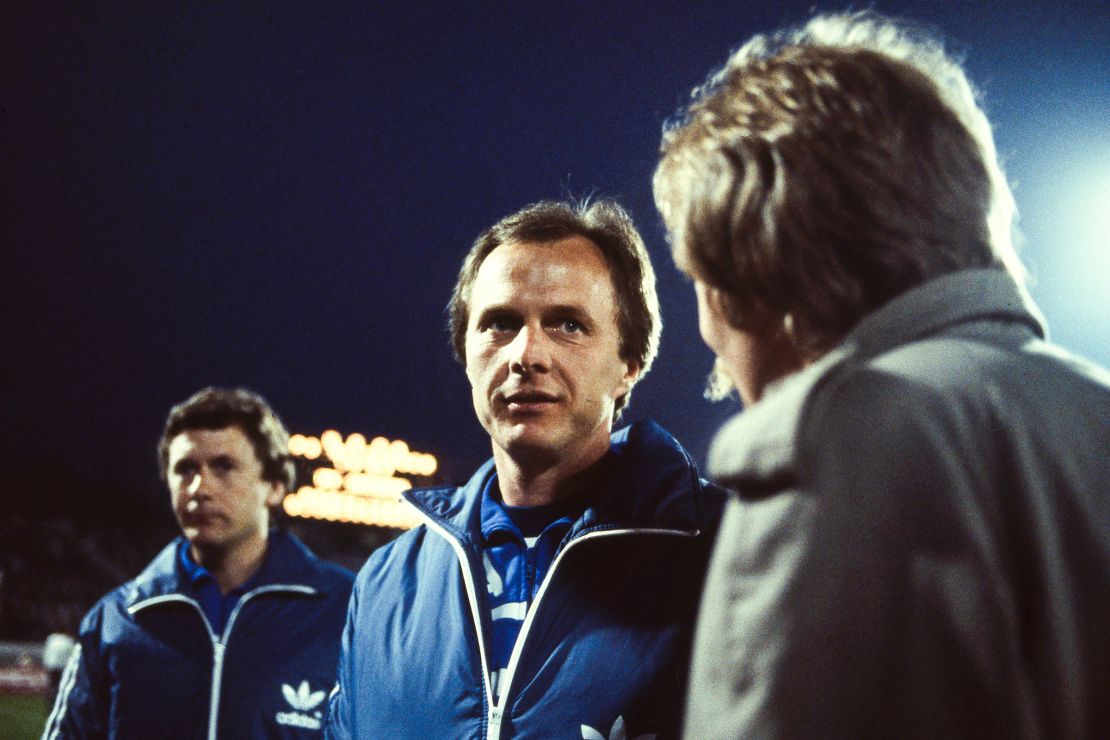
Following stints at Italian clubs Roma and Fiorentina – as well as a return to Benfica in between, where he led the team to the 1989/90 European Cup final – Eriksson returned to Italy, first with Sampdoria and then Lazio.
With the Biancocelesti, Eriksson led the team to a golden era, winning the Coppa Italia, the Italian Super Cup, the 1999 UEFA Cup Winners’ Cup and the club’s second ever Serie A title in 2000.
Eriksson’s success caught the eyes of the English FA, and soon, Eriksson was managing the England national team.
Under Eriksson – at Euro 2004 and World Cup 2006 – England was twice defeated by Portugal in penalty shootouts, on both occasions at the quarterfinal stage – earning the manager his fair share of unflattering front pages where England’s tabloids, disgruntled by the Three Lions’ stuttering performances, dubbed him the “Swedish Flop” and “Golden Fleecer.”
Still, the job held a special place in his heart, telling CNN in 2024 that “England is something special.”
“I don’t know if football was born in England, but more or less … and the Premier League is the best league in the world today,” said Eriksson. “To be the England coach, it’s a big, big job … probably the biggest in the world.”
As well as spending a season managing English Premier League team Manchester City, Eriksson also had stints further afield, coaching Ivory Coast, China, Mexico and the Philippines during an extensive managerial career spanning over 40 years.

Away from the stands and the locker rooms, Eriksson’s personal life was deemed equally newsworthy by the British tabloid press.
“It is quite sexist and in many cases really not quite fair, the way they were looking at partners,” said American-Italian lawyer Nancy Dell’Olio, former partner to Eriksson, told CNN in a 2014 interview.
“It was quite intrusive, and that was independent of my will,” added Dell’Olio. “But when you are next to a personality so important in football you become absorbed in that role.”
Alleged affairs with TV presenter Ulrika Jonsson and Football Association secretary Faria Alam were also salaciously reported on Britain’s front pages, but didn’t seem to rankle the Swede, whose response to the furor in 2002 was: “My private life is my private life and that’s it.”
In the end, Eriksson grudgingly resigned himself to the scrutiny.
“When you talk about paparazzi and that kind of press, you can’t do anything about it,” the Swede told CNN earlier this year. “You have to accept it or go back home to Sweden.
“I said to myself: ‘No, Sven. Don’t give up just because of this. Don’t worry about it and don’t read it and don’t talk about it.’ It’s up to the press if they want to write it or not. And at the end, I couldn’t care less.”
He was also caught in a “Fake Sheikh” sting by a Sunday tabloid in 2006 in which a journalist posing as a wealthy Arab businessman quoted Eriksson as saying he would dump England for Aston Villa.

During 2024, Eriksson strived to live his life to the full. Both he and his father were Liverpool supporters and Eriksson said he had “always wished” to have the chance to manage the club.
Following the news of his diagnosis, Liverpool invited the Swede to be part of a Liverpool FC Legends management team alongside Liverpool greats Ian Rush, John Barnes and John Aldridge for a charity soccer match against Ajax Legends at the club’s Anfield stadium.
Liverpool paid its respects to Eriksson on social media after his death, writing: “Rest in peace, Sven-Göran Eriksson. The thoughts of everyone at the club are with Sven’s family and friends at this extremely sad time.
Eriksson is survived by his two children Johan and Lina who he shares with his ex-wife Ann-Christine Pettersson, and his partner Yaniseth del Carmen Bravo Mendoza.
This story has been updated with additional information.





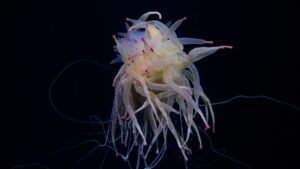

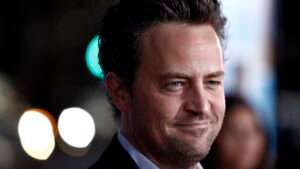

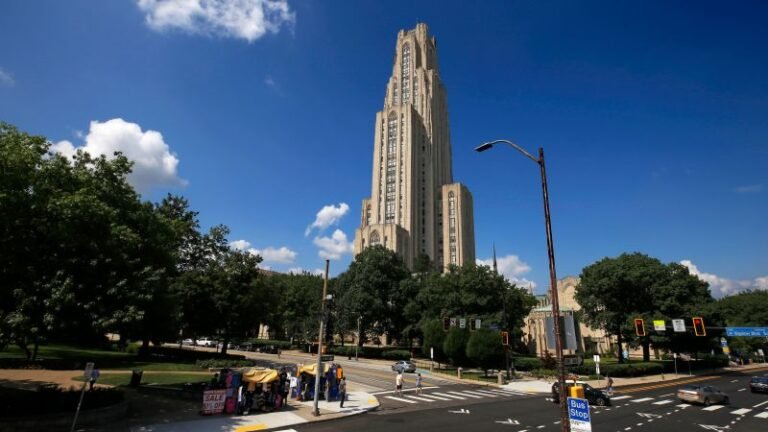

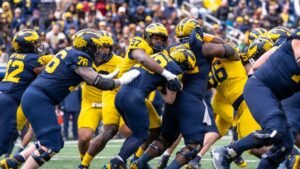
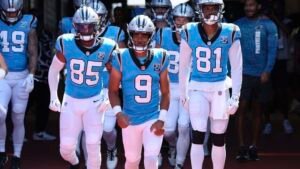
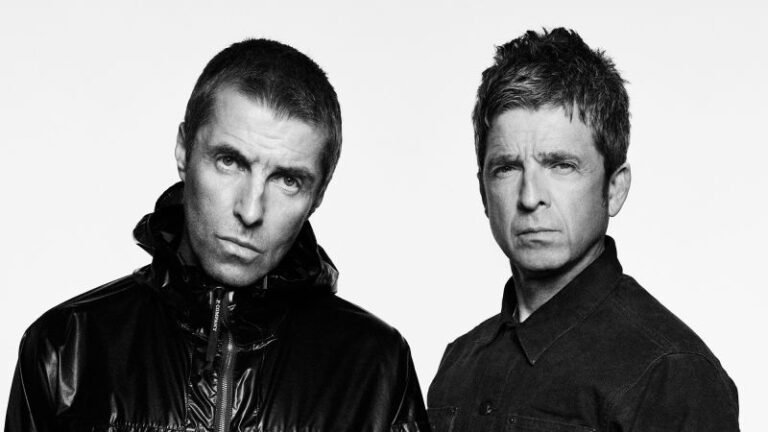
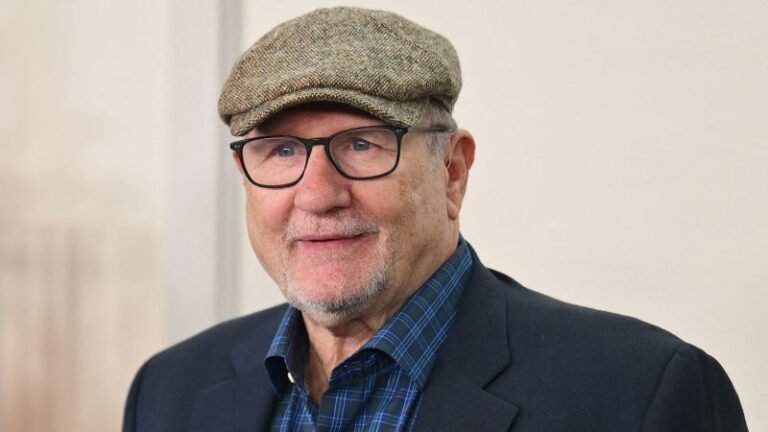
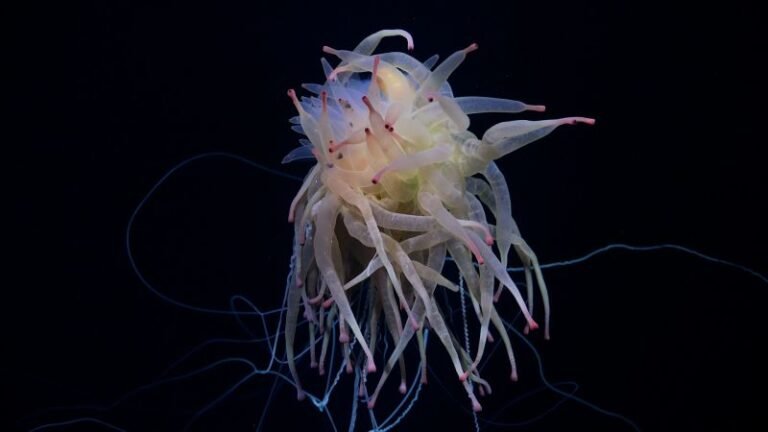


+ There are no comments
Add yours